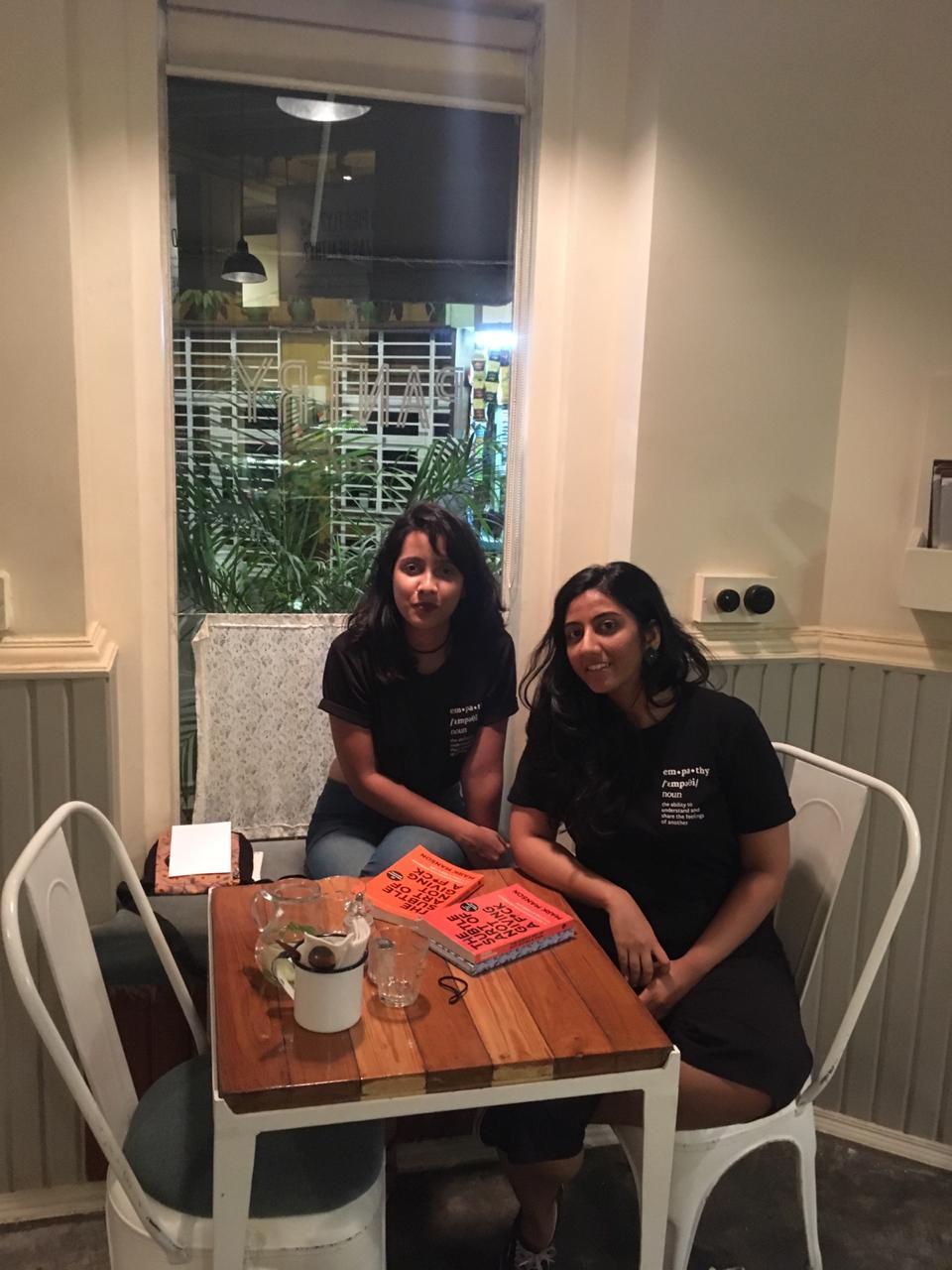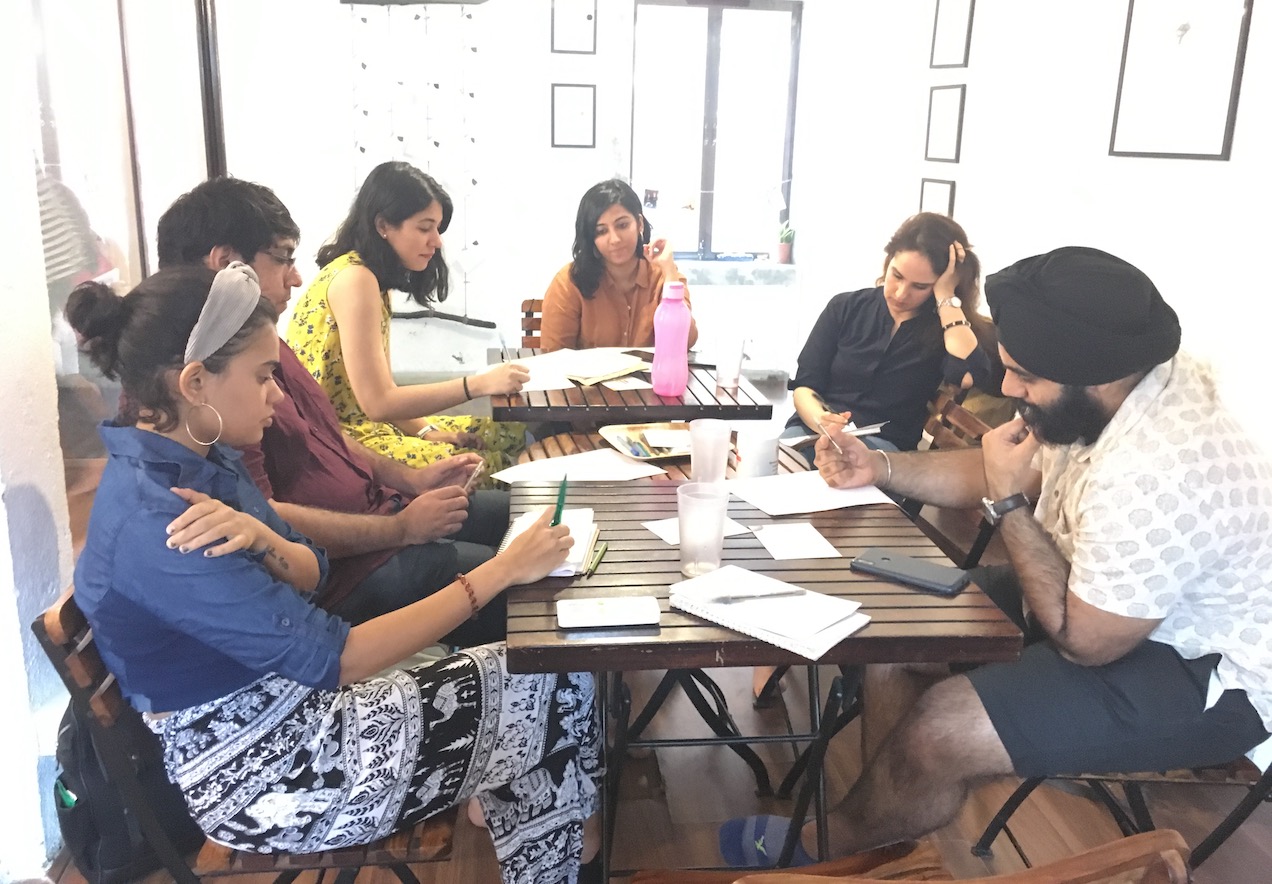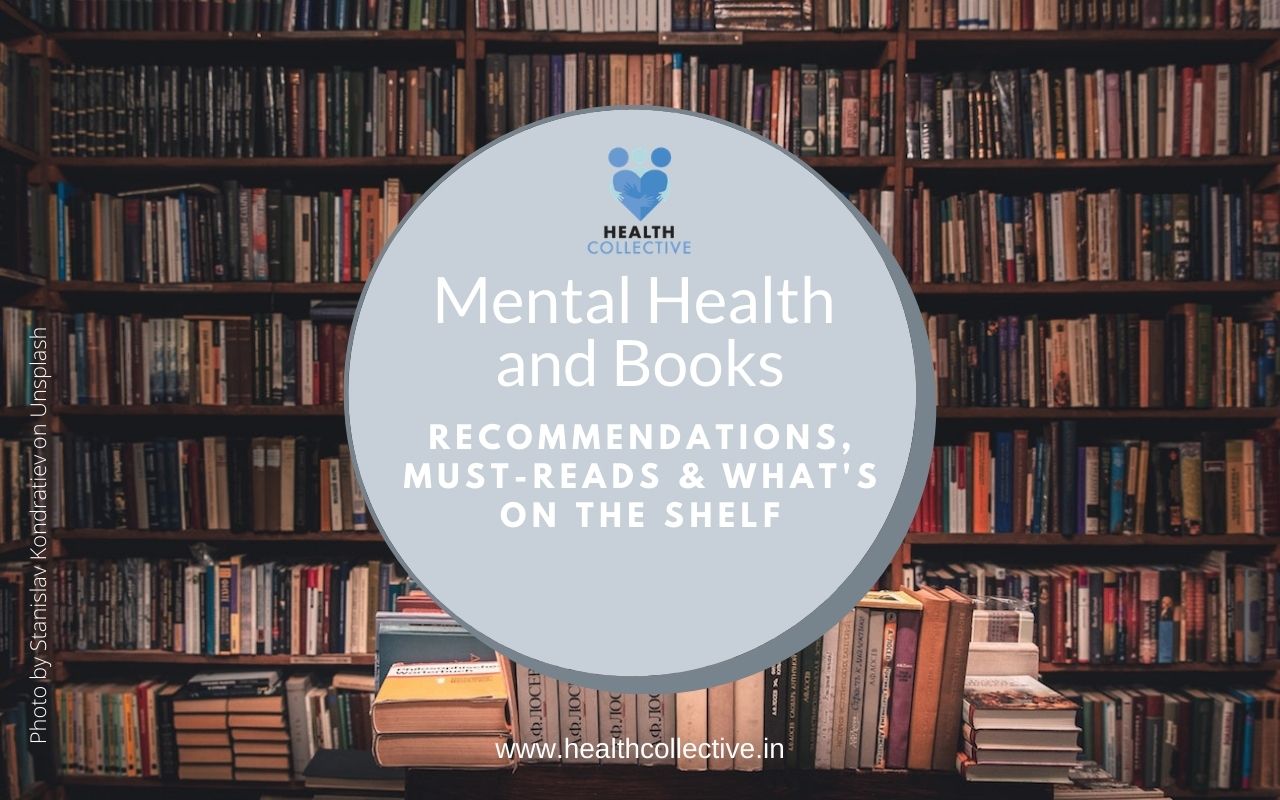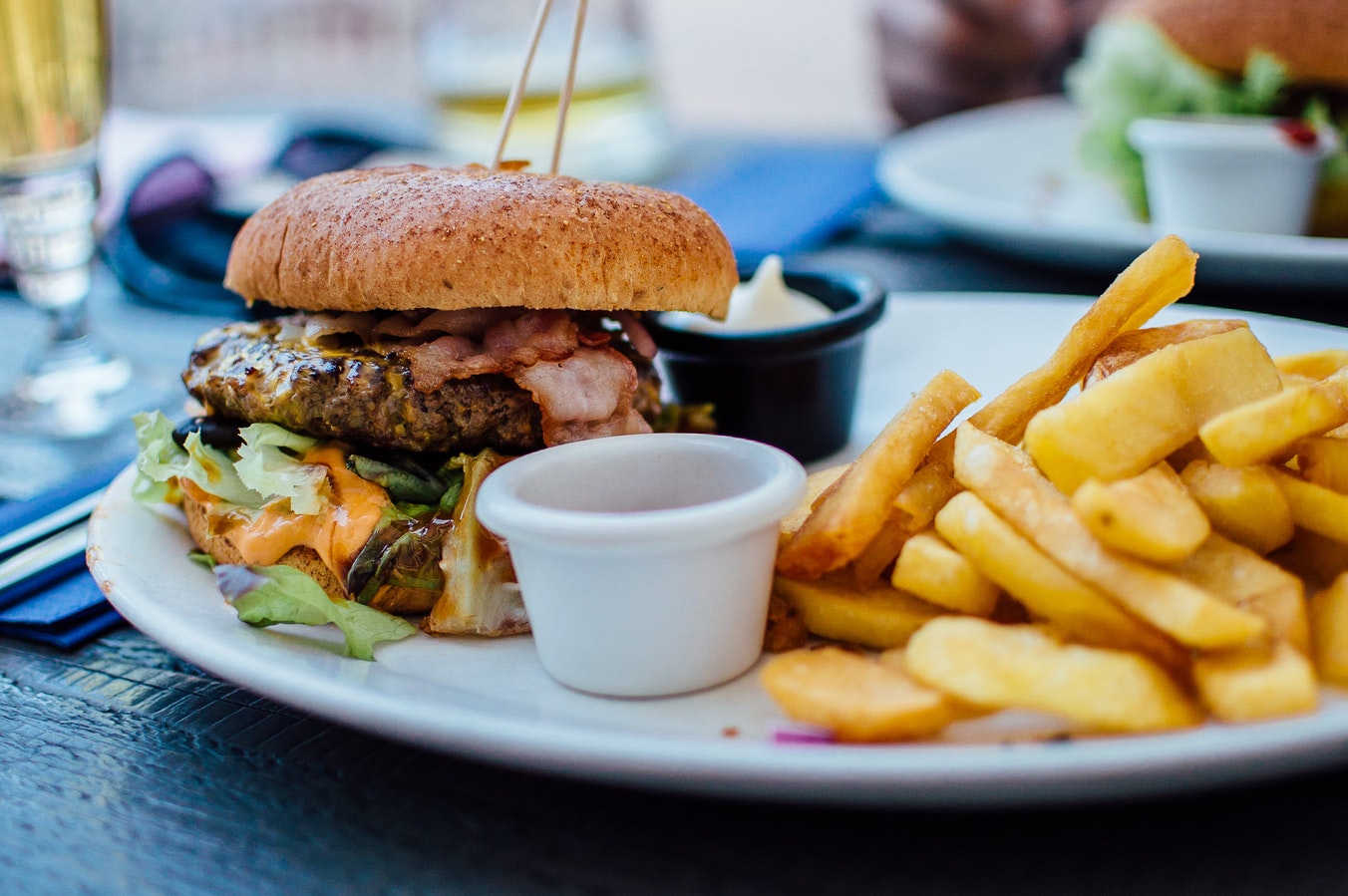Meet the Community Leaders: Apurupa Vatsalya of Bibliotherapy
The Health Collective has kicked off a series focusing on community leaders working on mental health awarness in the country. Here are excerpts of an interview by Vandita Morarka with the Mumbai-based Apurupa Vatsalya, an intersectional feminist and a lawyer-turned-sexuality-educator, writer, researcher and trainer. Vatsalya works in the realm of gender, sexuality, safety, body positivity, and identity, and how emotional well-being is connected to those aspects. She’s currently pursuing a course on Comprehensive Sexuality Education and Effective Facilitation from the Tata Institute of Social Sciences. She is also the founder of Bibliotherapy – a mental health book club and support group in Mumbai.
ALSO READ: MEET AMUL JOSHI OF MINDS FOUNDATION
- What made you choose mental health as a field of work?
My own mental health journey has been pivotal in conceptualising Bibliotherapy. I’m an avid reader and my approach to any addressing any issue is to first and foremost read more about it. I live with depression and anxiety and have been been seeking therapy and medication for 2 years now. While these challenges do continually need to be addressed, and the highs and lows that come with them are cyclical, what accelerates my healing each time is reading and community support. - What made you stick around?
Currently in India, there’s a shortage of mental health workers – according to the Bridge the Care Gap Initiative there’s only one mental health professional for 100,000 people! That’s appalling. Quality mental health care is usually accessible only to the privileged due to high costs and also cultural stigma. This calls for more education and awareness on how to care for one’s mental health – while focused on specific books, Bibliotherapy as a space is additionally a means of providing this. In the same vein, the variety and quantity of mediums and spaces that one can seek to aid mental health are limited. Through Bibliotherapy, I want to be able to provide another option and that makes me stick around. - What does mental health mean to you?
Mental health to me means one’s emotional, behavioural and social well-being. While only some people might have mental illnesses, everyone has mental health. It often viewed as binary – i.e., one is either mentally ill or not – mental health is a spectrum, and we all as human beings will have different aspects of our mental health to work on through the course of our lives. And mental well-being manifests across all aspects of our lives – work, relationships, identity, politics, and more. - Briefly describe your work?
I run Bibliotherapy, which is a Mumbai-based book club for self-help and mental health related books. Incorporating elements of a support group, this is a space to share and reflect on personal experiences within a supportive community. Additionally, while such books make sense in theory, they are hard to translate into practice and contextualise to our individual lives and circumstances. To bridge this gap, there therapy-based exercises to interspersed with session to take things one step further. - What does a day in your life look like?
I’m currently juggling work, side projects, studies and a fellowship I’m pursuing with the One Future Collective. I’m also moving out from my parents’ home and will be living with just my sibling, for the first time in my life. So one could say that it is a very transitional and transformational phase for me. I don’t have a schedule per se but what keeps me going is little rituals like feeding the cats in my colony, drinking filter coffee with my mum and listening to Jeeves and Wooster audiobooks. - What do you wish people knew about mental health?
Having a strong support system and sense of community has been shown to be integral to good mental health, and Bibliotherapy stands to contribute to that sense of social support and community for participants. Self-help and self-care are also integral and inevitable components of good mental health, irrespective of whether one is seeking formal therapeutic intervention. We are primarily a medium for that; we hope that through engaging in this space, participants will be better equipped in terms of knowledge, skills, and resources, to provide themselves with self-help & self-care. - What kind of terms do people use for Mental Health… depression… anxiety etc.
I’ve heard people ridicule mental health issues by using terms like crazy, loony bin, cuckoo, paagal and so on. I’ve also noticed how people use milder terms like frustration, stress, sadness, irritation, etc. when talking about their mental health concerns – in an attempt to downplay it and reassure the other person that they’re “normal”. - What do your friends and family think about your work?
My friends and immediate family are proud of me for the work I’m doing, recognise its importance and think I’m brave. My extended family (including my grandparents) doesn’t know about my work as they would think I’m being ridiculous and no good man would marry a ‘mental’ woman talking about using books to heal.

ALSO READ: SELF-CARE IN THIS JOURNEY CALLED LIFE
Disclaimer: Material on The Health Collective cannot and does not claim to substitute for expert advice from a trained professional.
Share your feedback and if you want to nominate a Community Leader for this series, tweet @healthcollectif or mail us right here




